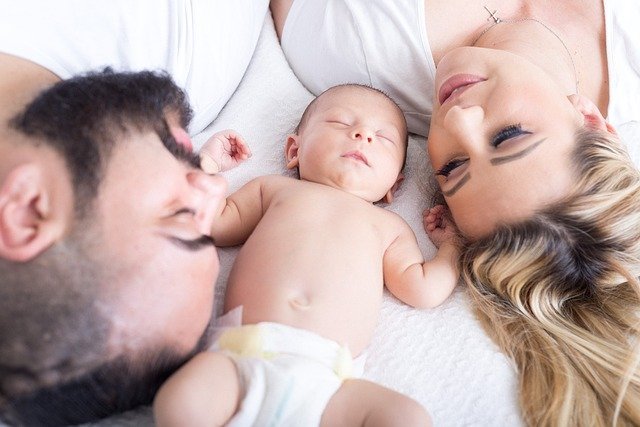Equip yourself with knowledge and understanding of what emotions adoptees may experience throughout childhood. It will help you support them. Some conversations will be easy and natural, while others will be more complex. Have grace with yourself. You may not wholly resolve every adoption issue that surfaces, and that is normal.
Deborah N. Silverstein, LCSW, and Sharon Kaplan Roszia, MS, have compiled a list of emotions that every adoptee feels at some point. The degree to which they experience these emotions may vary. Preparing helps parents and children cope with these situations.
7 Fundamental Adoption Emotions & How To Deal With Them
Loss
The feeling of loss looks different for each child, depending on their adoption story. However, the loss of a birth mother is experienced whether they knew her or not. Similarly, foster or orphaned children feel loss when leaving a caretaker. Regardless of the situation, openly celebrating a birth mother or caretaker can help ease this emotion.
Rejection
Observe your child closely for behaviors such as tantrums, withdrawal, or depression. These could be signs of rejection, shame or abandonment issues. Communication and understanding are essential.
Grief
Grief can surface randomly and in a variety of ways. Use your listening skills to help children work through stressful periods and reminders of the past. Talking through their feelings and validating their grief will help them work through it.
Identity
Shaping your adopted child’s identity may be one of your most important tasks. Not only do you need to recognize their past identity, but you also help shape their present and future. A positive identity is accomplished through talking honestly about their past while involving them in all current family decisions. Develop a solid foundation for them to build their future self.
Shame
Shame has links to rejection. It stems from the false notion that something must be wrong with them to cause someone to abandon them. Help your child understand that adoption is not a result of anything they have done. Reassure them of how loved and wanted they are in your family.
Intimacy
Due to many of the above emotions, intimacy can be difficult for an adopted child. Allow yourself to be vulnerable in discussing your adoption story. Sharing your reasons for adopting them helps make intimacy more familiar and comfortable. The process is lengthy and involves trust and communication.
Control
An adopted child may try to exhibit control in situations since decisions were made for them during the adoption process that they could not influence. Once you have identified this issue, you can work on it by setting firm limits while growing trust and love. Once your child feels a sense of control of their inner self, the outward control behaviors will disappear.
Remember, every family will experience varying levels and combinations of these seven adoption challenges. Parenting is no easy task, but preparing yourself can benefit your entire family.
We Can Help
At Heart of Adoptions Alliance, we offer post-adoption support services, including counseling and support groups, for a community of experts and families to help you deal with these seven core adoption issues. Help can also come in the form of books and blog posts on adoption that offer guidance. Visit our resources page for valuable information, or contact us at 866-432-7860 or [email protected].

